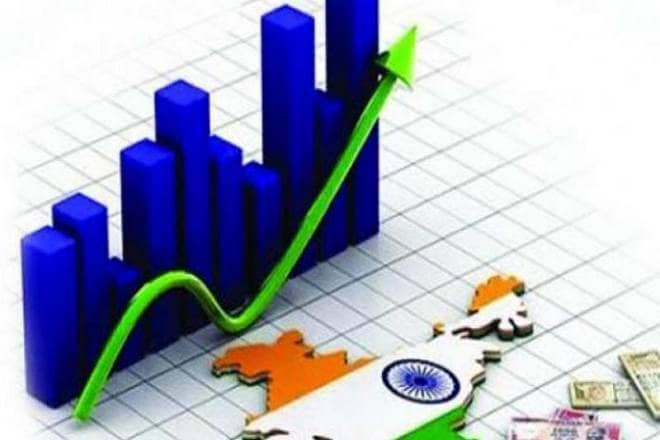The 12th edition of the Global Innovation Index (GII) — an annual ranking of countries in terms of their capacity for innovation and success in it has ranked India as the 52nd most innovative country globally in its 12th edition. Published by INSEAD, Cornell University, and World Intellectual Property Organisation (WIPO), India has consistently improved its ranking in GII since 2015 when it was ranked at 81 followed by 66, 60, and 57 positions in 2016, 2017, and 2018 respectively. GII 2019 has ranked innovation performance of 120 economies globally relying on 80 indications. India, for the first time, hosted the launch of GII.
“Innovation has become central to the government’s innovation policy. India has emerged as the most innovative economy in the Central and South Asian region. This is the biggest rise among the world’s major economies. India’s rise in 4 years from 81 in 2015 to 52 is a remarkable achievement that reflects India’s innovation performance relative to other countries,” said Naresh Prasad, Assistant Director-General & Chief of Staff, WIPO during the launch of GII on Wednesday.
“We are very pleased with the progress that we have made but we know we have a long way to go. We would like to partner with other countries and share best practices with them on innovation,” said Ramesh Abhishek, Secretary, Department for Promotion of Industry and Internal Trade, Ministry of Commerce and Industry.
Switzerland led the GII 2019 as the most innovative country on earth followed by Sweden, the US, the Netherlands, the UK, Finland, Denmark, Singapore, Germany, and Israel. The pecking order remained the same as last year with Israel as the only new country breaking into the top 10 rankings.
Among the top 100 innovation hubs or clusters identified by GII this year were India’s Bengaluru, New Delhi, and Mumbai. “Our aspiration should be to get in top 10 in years ahead,” said Naushad Forbes, Past President, CII and Co-Chairman, Forbes Marshall. “We invest around 0.4 of our GDP on research done in higher education. The global average is 4 per cent. So we need to improve this by a factor of 10,” said Forbes adding that the funding should shift to autonomous labs in the higher education system.
“Innovation doesn’t come new to India,” said Piyush Goyal Minister of Commerce and Industry and Minister of Railways. Historically Aryabhatta invented number Zero which probably is the mother of all invention in mathematics, science etc, Goyal said. “We are a couple of ranks shorter than our desires (for rank this year) were, but I still have a lot of satisfaction that we are making significant progress and culture of innovation is taking centre stage,” he added.

